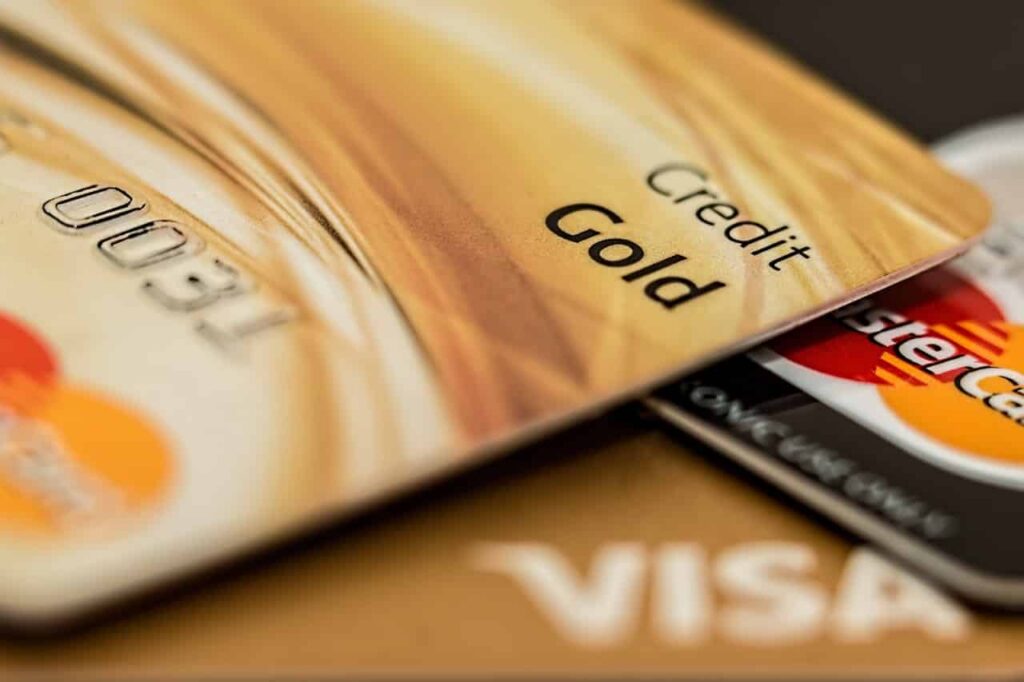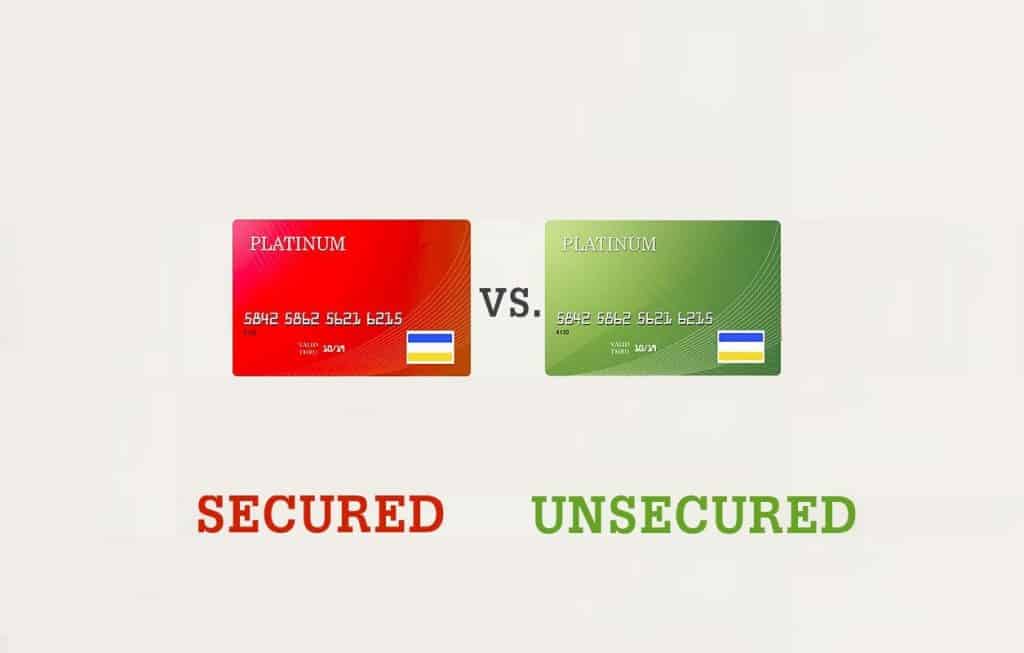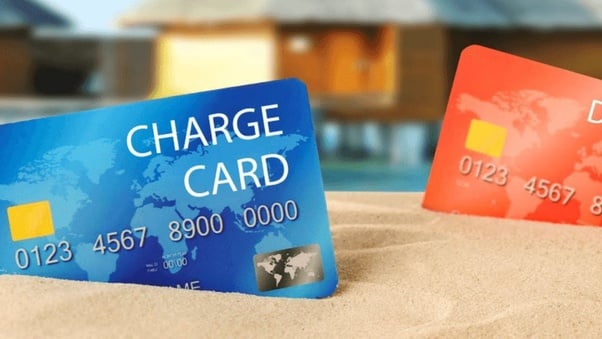Choosing the Right Card: Exploring the Differences Between Charge and Credit Cards
Credit cards and charge cards are similar, but they work in very different ways. Charge cards are not used in all the same ways like credit cards. So, what is the difference between them? Here’s some information you may not know about charge cards and credit cards and the difference between charge cards & credit cards!
The difference between charge cards & credit cards:
There are key differences between charge cards & credit cards and one may want to compare before deciding which is a better fit.
What is a Credit Card?
A credit card is a card that you use to pay for things that are then added to a revolving credit balance.
This revolving credit balance has a required minimum payment and accrues interest every month.
If you max out your available limit, you can no longer use the credit card until the balance is paid down. It doesn’t have to be paid in full to continue the use of the card. Also, know why closing a credit card could hurt your credit scores?

If you don’t make your payments, you will be subject to higher interest rates and late fees. Your account may be restricted, as well, in the event of non-payment. Credit card debt, as a result, can be a big trap that could harm your financial future. Learn more about how to get out of credit card debt!
Secured and Unsecured Credit Cards
Credit cards come in two flavors: secured and unsecured.
Secured cards provide a balance equal to or related to the amount of cash collateral provided. So, if you have no credit and want a credit card with a $1,000 limit, you can ask a bank to open up a $1,000 secured credit card. They will then ask you to deposit $1,000 in an account that is held as collateral. The money is still yours, and in the event of nonpayment, that money is taken to pay off the debt, and your available credit is decreased alongside the collateral.

The majority of credit cards in issue are unsecured cards, which are the typical credit cards issued by banks and retailers. They do not require collateral to get them: just income verification and a credit requirement.
Charge cards are almost always unsecured, as the cards are meant not to be a lender but as a way to delay payment to a future date.
Here is our detailed article on secured credit cards to build a credit score.
What Is A Charge Card?
Charge cards are used to pay for things that are then added to a balance, like a tab.
A charge card does not charge interest. Instead, it adds all purchases to a balance that is due in full on a specified future date. This is usually monthly.

Charge cards usually have very high spending limits or no spending limits at all.
Charge cards are typically only issued to businesses and very creditworthy individual borrowers, as charge cards require a higher level of trust and don’t typically make money off of interest from regular users. Check out do you still owe a charged-off debt?
How Are Charge Cards and Credit Cards Different?
The difference between charge cards and credit cards is simple. They look and behave similarly when it comes to purchasing things and making payments.
However, a charge card requires that you pay the balance in full every month, or suffer large penalties. Such penalties include spending limits, fees, and high-interest rates applied to the balance that accrue until the payment is made.
Credit cards, instead, are revolving credit balances that do not require full payment every month.
Which Should I Use?
Businesses love charge cards for their high spending cap and their ease of keeping track of expenses. The best charge cards do not have a spending limit.
The most well-known charge cards, such as the American Express Plum and Platinum cards, offer excellent benefits in addition to a high or unlimited spending cap.
However, most people will continue to use credit cards, as they’re much more versatile. They can be used for large purchases that cannot be paid in full in one month. Or, they can be used similarly to charge cards, paying the balance in full every month and paying no interest. To have a clear idea about the credit cards, schedule a consultation call with the TheCreditPros team.
Frequently Asked Questions
1. Is a charge card better for your credit?
Charge cards don’t have a credit limit. They don’t factor into your credit utilization ratio. Like most credit applications, applying for a charge card will appear as a new inquiry on your credit report, which will temporarily lower your score.
2. What happens if you don’t pay the full amount on a charge card?
You can avoid late payments fee on your credit card by making a minimum payment on your balance. You are charged a late payment fee on a charge card if you don’t make the full payment on the charge card.
Also, Read
Credit Bureaus – The Purpose and Profit
Professional Credit Repair vs DIY Credit Repair
How to get credit card debt forgiveness?


